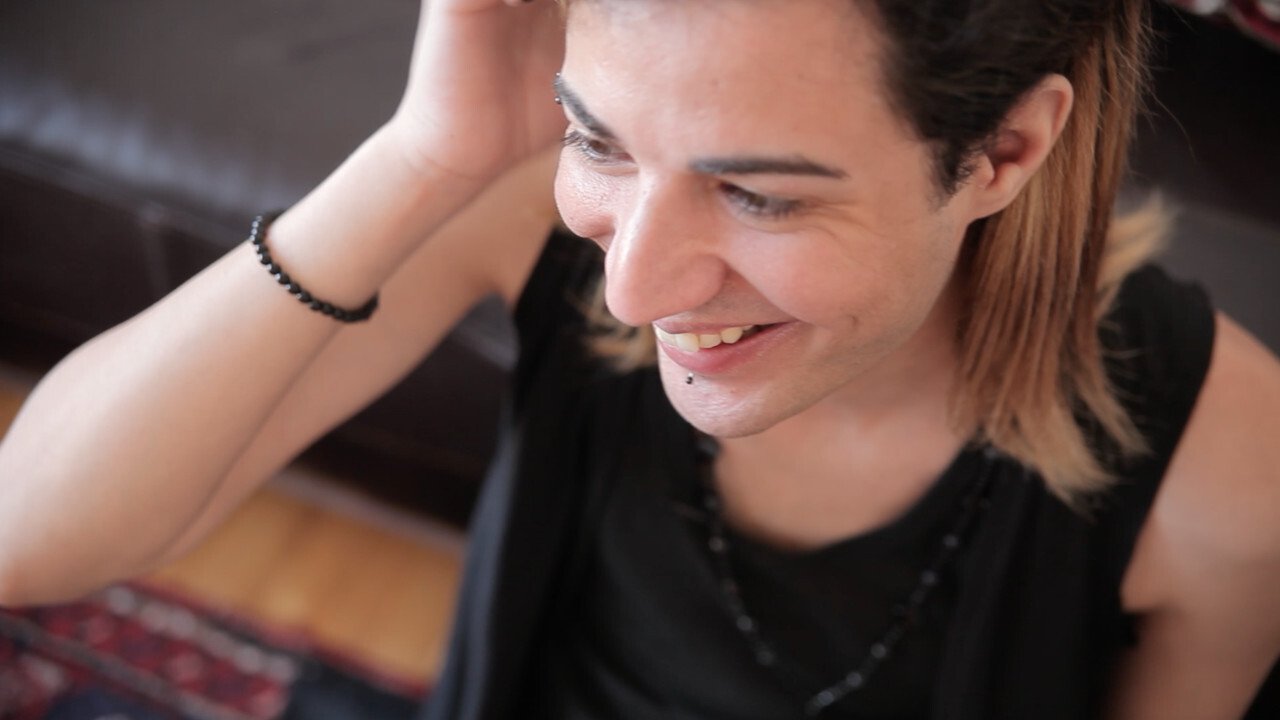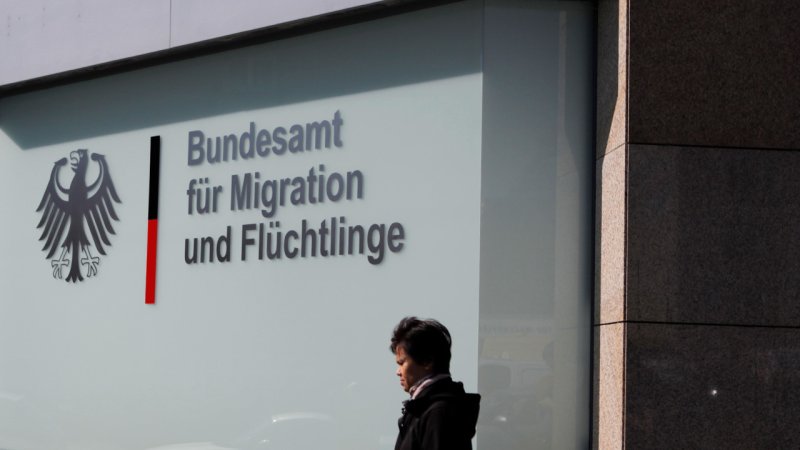Asylum and Right of Residence for Queer People

What are my rights as a LGBTQIA* refugee?
The first weeks and months in Germany could be challenging for many.
However, refugees from the LGBTQIA* communities often face additional difficulties. Here you can find out what rights and options you have.
What do I need to know?
You may be eligible for protection as a person “entitled to asylum” (“Asylberechtigte*r”) or a “recognised refugee” (“anerkannter Flüchtling”) if you are persecuted in your home country because of your sexual or gender identity and your life is in danger, or in case you fear imprisonment or inhuman treatment due to your sexual orientation/identity.
The persecution, however, must be quite severe, i.e. insults and alike are not considered to be sufficient ground for asylum. At your hearing at the BAMF, you have to prove that you are, for instance, lesbian, gay, bisexual, transgender or intersex and that you are actually at risk in your home country. The BAMF will consider the situation of queer people in your country before making a decision, i.e. your chances of being considered a person “entitled to asylum” or a “recognised refugee” depend on the general situation in your home country for the LGBTQIA* community as well as your personal persecution history. It is reasonable to seek advice from a lawyer or counselling centre specialising in the LGBTQIA* issues in advance.
Visit queer-refugees.de for a first contact point.
It is important that you are well prepared for the hearing in the asylum procedure and that you know your rights. Find out more about the topic of hearings on the ‘Asylum procedure’ page.
Please note: During the hearing, the BAMF staff member may ask very personal questions about your sexual/gender identity as well as your sex life. But you may choose to be interviewed by a woman or a man. Plus, there are specially trained BAMF staff members who conduct the hearing for queer people. Inform the BAMF about your preferences when you hand in your asylum application.
Important: The European Court of Justice (2013) and the Federal Constitutional Court (2020) have decided that the so-called “requirement of discretion” (“Diskretionsgebot”) may no longer be applied. Authorities are not allowed to expect asylum seekers to conceal their queer identity in their country of origin in order to lead a safe life. Since October 2022, the BAMF must, when assessing the risk situation for queer asylum seekers, proceed on the basis of an open expression of queer sexuality and identity.
You can always contact an LGBTQIA+ counselling centre for assistance. On the website of queer-refugees.de, you can search for counselling centres in your area. If you need psychological support, you can send an email to VLSP. Their website lists counsellors and therapists anonymously by city.
If you have problems with your roommates or staff in your accommodation centre, do not hesitate to contact the social workers in the centre or the manager and ask for help. It is your right to be able to live your life in an accommodation centre without fearing harassment. If the social worker or the management does not help you (or in case they are part of the problem), contact a counselling centre in your area- you can find one on the website of queer-refugees.de.
In Berlin, there are two counselling centres for the queer community: Gladt e.V. and TBB.
Some major cities have special refugee shelters for LGBTQIA* refugees. Ask a counselling centre nearby to learn if there is such an accommodation centre in your area.
If you are required to live in a specific location but face discrimination there, your condition may constitute a ‘hardship case’ or “Härtefall” and be considered legitimate grounds for relocation. You can then try to submit a ‘redistribution application’ or “Umverteilungsantrag” to the Immigration Office. However, moving with a restriction on where you are allowed to live is difficult and also depends on your residence status and the approval of the Immigration Office.
You can find the Immigration Office responsible for you at bamf.de.
You need to specify concrete and detailed reasons why you cannot live in the place to which you are assigned. The applications are often rejected. LGBTQIA* counselling centres can help you with the application.
You can find one nearby on the website of queer-refugees.de. You can also take advantage of the services offered by MBE and JMD. You can also search for a counselling centre in your federal state at proasyl.de. In addition, a Refugee Council can offer you support. You can find the refugee council responsible for your area at fluechtlingsrat.de.
Important
If you face discrimination or hostility, you can get support. The German law is on your side and should protect you against discrimination, hatred and violence. If you need help, you can contact the Anti-discrimination Agency or seek counselling from a counselling centre designated for LGBTQIA* communities. You can find such counselling centres at queer-refugees.de. To learn more about your rights, visit handbookgermany.de.

